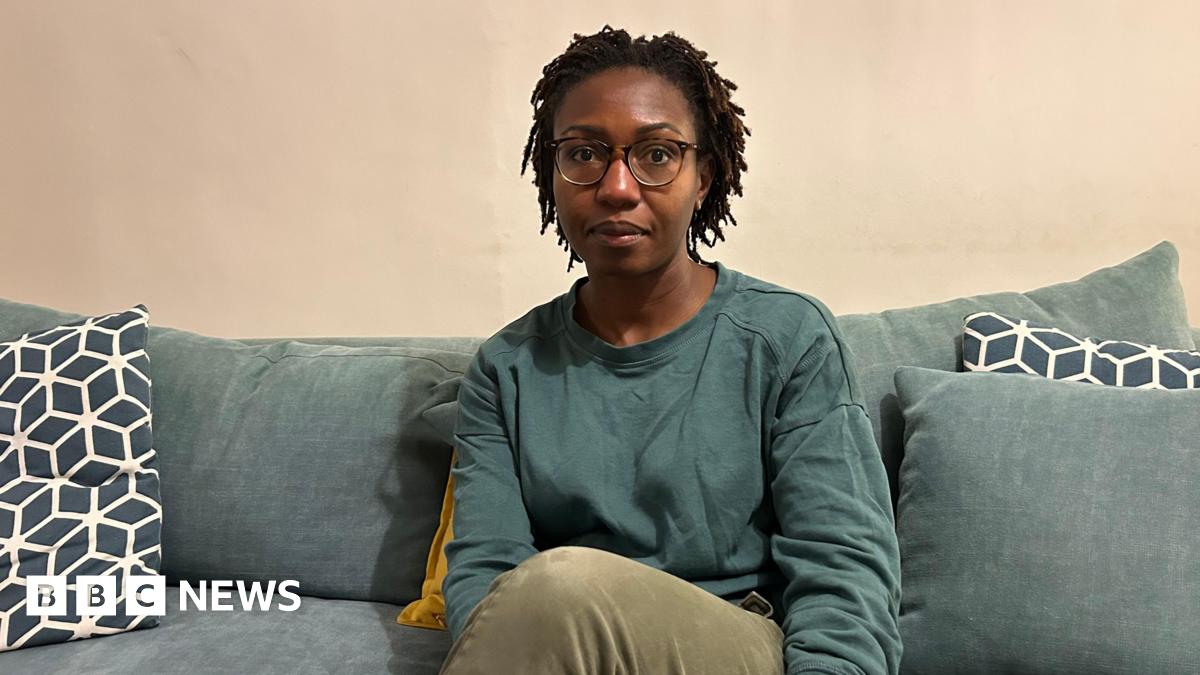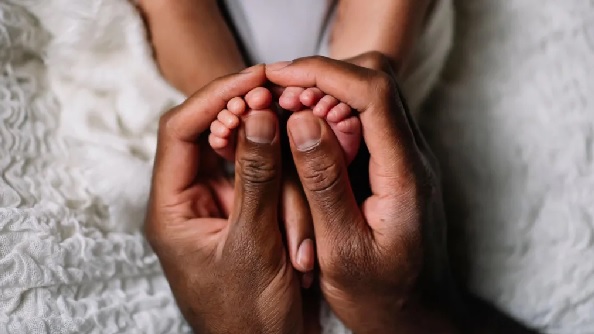The Motherhood Penalty: New Data Reveals Impact on Women's Earnings in England
New findings from the Office for National Statistics (ONS) highlight a significant and persistent decline in earnings for mothers in England after having children. The data reveals a substantial "motherhood penalty," impacting women's financial stability for years to come.
The Financial Impact of Motherhood
The ONS study shows that five years after the birth of their first child, mothers experience an average reduction of £1,051 per month in their earnings compared to their salary a year prior to giving birth. This financial impact extends beyond the first child, affecting mothers' earnings after subsequent births as well.
- Five years after the birth of their second child, mothers earn an average of £313 per month less.
- Five years after the birth of their third child, mothers earn an average of £689 per month less.
- These figures are compared to their salary one year before each birth.
The most significant losses occur in the year following childbirth when mothers are more likely to take extended parental leave. When calculated over five years, the total loss in earnings is substantial:
| Child | Total Loss in Earnings Over 5 Years |
|---|---|
| First Child | £65,618 |
| Second Child | £26,317 |
| Third Child | £32,456 |
Personal Experiences and Societal Impact
Femilola Miller, a mother of three from London, shared her experience of the motherhood penalty. Despite having similar salaries to her husband before starting a family, he now earns £55,000 more than her. She emphasizes that mothers are often not compensated even when returning to work full-time and remaining dedicated to their careers. She believes the motherhood penalty is deeply "engrained in society."
"Mothers are not compensated even if they return to work full time and are dedicated to their career." - Femilola Miller
Evie, from Newcastle, feels her career is "on hold" until her daughter starts school. She reduced her hours after her daughter's birth and now feels torn between work and childcare responsibilities, saying, "You're expected to be a parent like you don't work, but work like you haven't got kids. You can't win."
Addressing the Motherhood Penalty
Joeli Brearley, founder of Pregnant Then Screwed, describes the motherhood penalty as "a perfect storm of bias, outdated legislation and cultural norms." She argues that it contributes significantly to the overall gender pay gap.
Contributing factors include:
- Unaffordable childcare costs for some families.
- An unbalanced parental leave system.
- Lack of flexible and part-time working options in some jobs.
- Pregnancy and maternity discrimination.
While the government has introduced initiatives like funded childcare hours and is reviewing parental leave policies, research suggests that pregnancy and maternity discrimination still result in job losses for many expectant and new mothers.
 Visit the website
Visit the website







